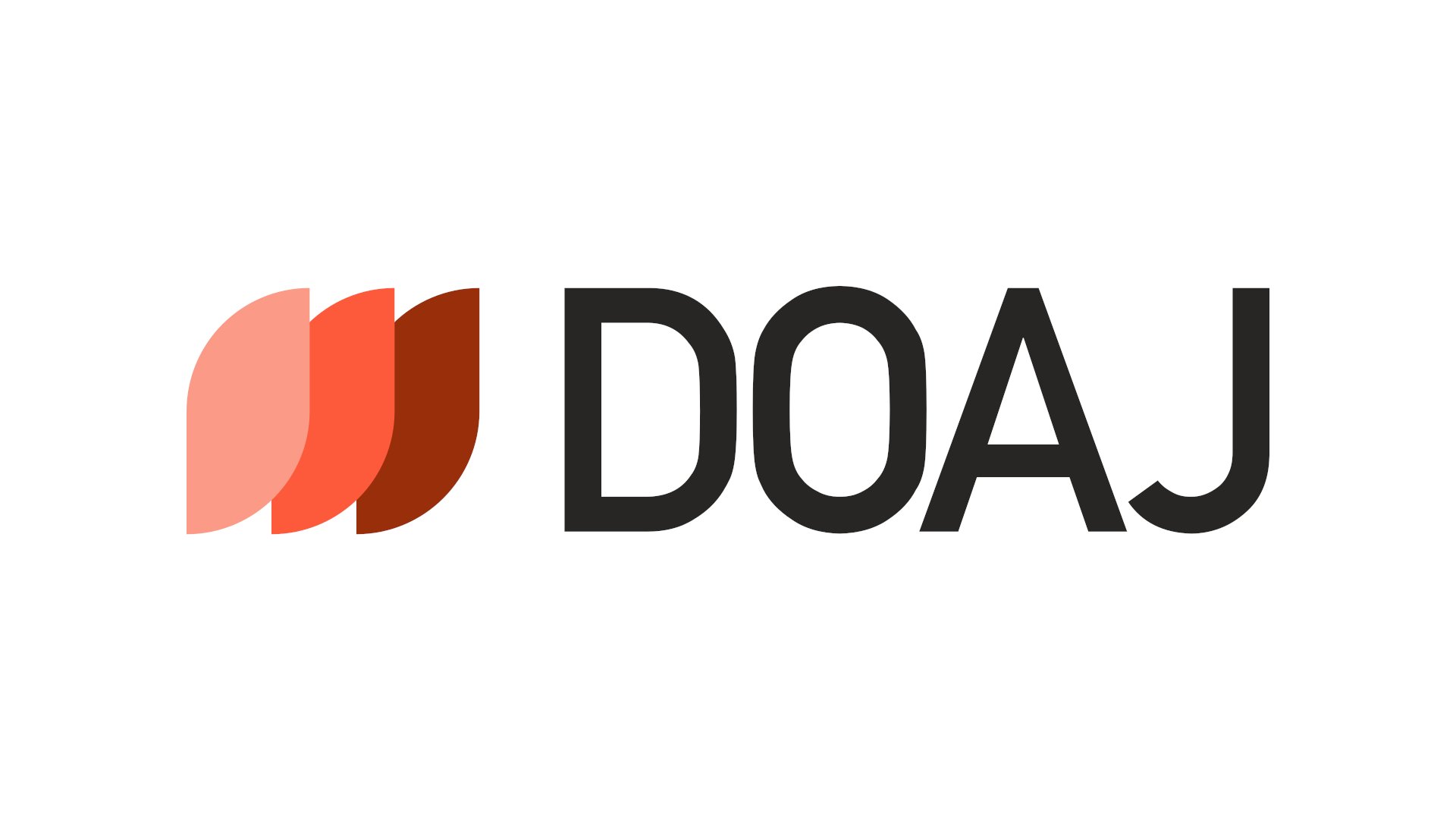Designing Supply Chain Resilience With a Quality Function Deployment (QFD) Approach at PT. XYZ
Abstract
PT. XYZ is a leading company in the palm oil industry, but there are still problems that need to be addressed in its supply chain management. The problems include 3% product returns from cooking oil shipments to distributors under the brands Sania cooking oil, Fortune cooking oil, Sovia cooking oil, and Siip cooking oil. In addition, there are fluctuations in demand, an increase in demand of 170% with a demand of 20,774 tons and a decrease in demand of 59% with a demand of 7,225 tons at an average monthly production of 12,195 tons. This research aims to design Supply Chain Resilience with a Quality Function Deployment (QFD) approach. This QFD approach uses a 3-level HOQ. HOQ 1 assesses the relationship between customer needs and potential risks, resulting in risk prioritization. HOQ 2 assesses the relationship between potential risks and risk causes, resulting in the prioritization of risk causes. HOQ 3 assesses the relationship between risk causes and resilience measures, resulting in the prioritization of resilience measures. From the research results, 20 resilience measures were obtained and the 5 highest ranks were obtained as priority resilience measures, namely insurance, marketing quick response, product quality, customer relations, preventive maintenance and repair. The results of the resilience measure design are expected to be used as risk mitigation for the company.
Published
Issue
Section
License
Copyright (c) 2024 Rizka Novitasari, Dira Ernawati

This work is licensed under a Creative Commons Attribution-ShareAlike 4.0 International License.



